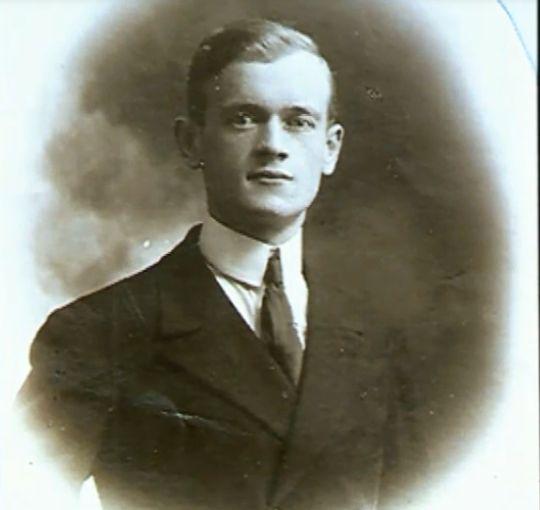
The Ljubljana native, born in 1895, Kotnik was committed to the idea of a South Slavic state even when he was a young man. He even joined the Serbian Army as a volunteer during the Balkan Wars. After World War I, his dream seemed to have been realized; a new South Slavic state was created out of the remnants of the Hapsburg and the Ottoman Empires. Kotnik joined the diplomatic corps and was sent to the Yugoslav Embassy to Rome, where he had previously studied medicine.
He remained on the job until 1941. That’s when Yugoslavia was invaded by Italy, Germany, and Hungary. Kotnik, a diplomat from a country that had ceased to exist, was placed under house arrest at his residence in Rome.
But the Yugoslav government in exile decided to free him by invoking selecting him as a member of the Yugoslav delegation to the Vatican. Kotnik, who had strong anti-fascist views, decided to use his diplomatic position to help others. After Italy surrendered in 1943, and large portions of the country were occupied by the Germans, he began to use his diplomatic status to protect Fascism’s victims. He helped to save Jews and other members of the Resistance – both Italian and Slovenian -- from the hands of the Nazis. Kotnik established and maintained covert links with the Italian Resistance, as well as with the British, the Americans, and the French.
However, the Germans eventually discovered his covert activity. Because he refused to provide names, the Gestapo imprisoned and tortured him.
Kotnik survived the war, but his travails were not over. Because he was an anti-Communist, he was accused by the new Yugoslav government of cooperating with the Royalist Chetniks. A return to his native land was out of the question. Remaining in Rome, he once again offered his assistance to people who had found themselves in need: He aided those Slovenians who wanted to escape the communist regime. But eventually, the torture that he had suffered during the war caught up to him, and he died in 1948.
For years, his name was all-but-forgotten in his native Slovenia, but the people whose lives he had saved remembered Kotnik’s sacrifice, and in 2007, Rome’s Jewish community proposed to erect a memorial dedicated to the Slovenian diplomat. Meanwhile, his grandson Walter Veltroni became the Mayor of Rome – the city that had marked Kotnik’s remarkable life.

































































